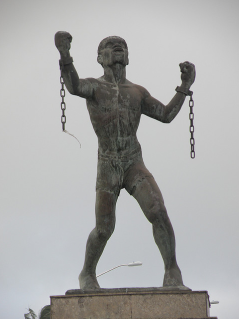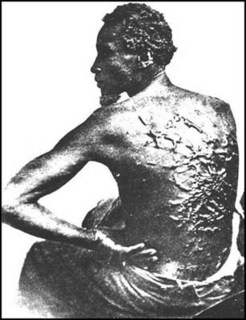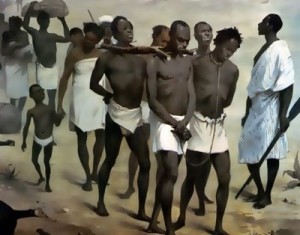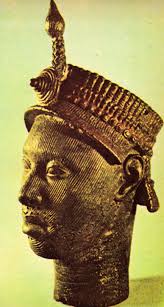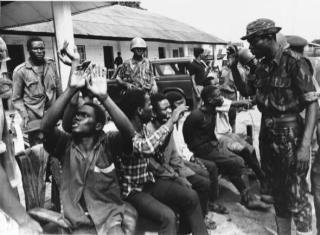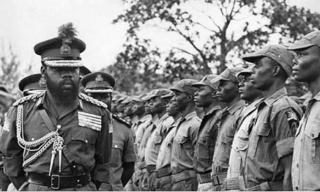Nigeria is a Federal Republic composed of 36 States, and a Capital Territory, with an elected President and a Bi-cameral Legislature. It operates the Presidential system of Government with three distinct but complementary arms namely the Executive, the Legislature and the Judiciary, each acting as a check on the other two.
The Executive arm of Government, at the Federal level, consists of the President, the Vice-president and other members of the Federal Executive Council, while at the State level, it is made up of the Governor, the Deputy Governor and other members of the State Executive Council.
The Legislature is equally found at the Federal and State levels. The Federal Legislature comprises a 109- member Senate and a 360-member House of Representatives. The two, combined, is known as the National Assembly (the equivalent of the American Congress). At the State level, the Legislature is known as the House of Assembly.
![Malê [of Yoruba descent] Revolt Malê Revolt](https://nigeriagists.files.wordpress.com/2015/08/d66de-mal25c325aa2brevolt.jpg?w=320&h=235)
